Flying these days feels like navigating a maze of add-ons, upgrades, and premium options that promise to make your journey smoother. Airlines have mastered the art of making basic travel feel inadequate while dangling shiny upgrades that seem essential but often deliver disappointing value. The truth is, many of these so-called improvements are designed more to boost airline profits than enhance your actual travel experience.
Most seasoned travelers learn this lesson the hard way after spending hundreds on upgrades that barely move the needle on comfort or convenience. Here is a list of 20 airline upgrades that typically waste your money and leave you wondering why you bothered.
Priority Boarding
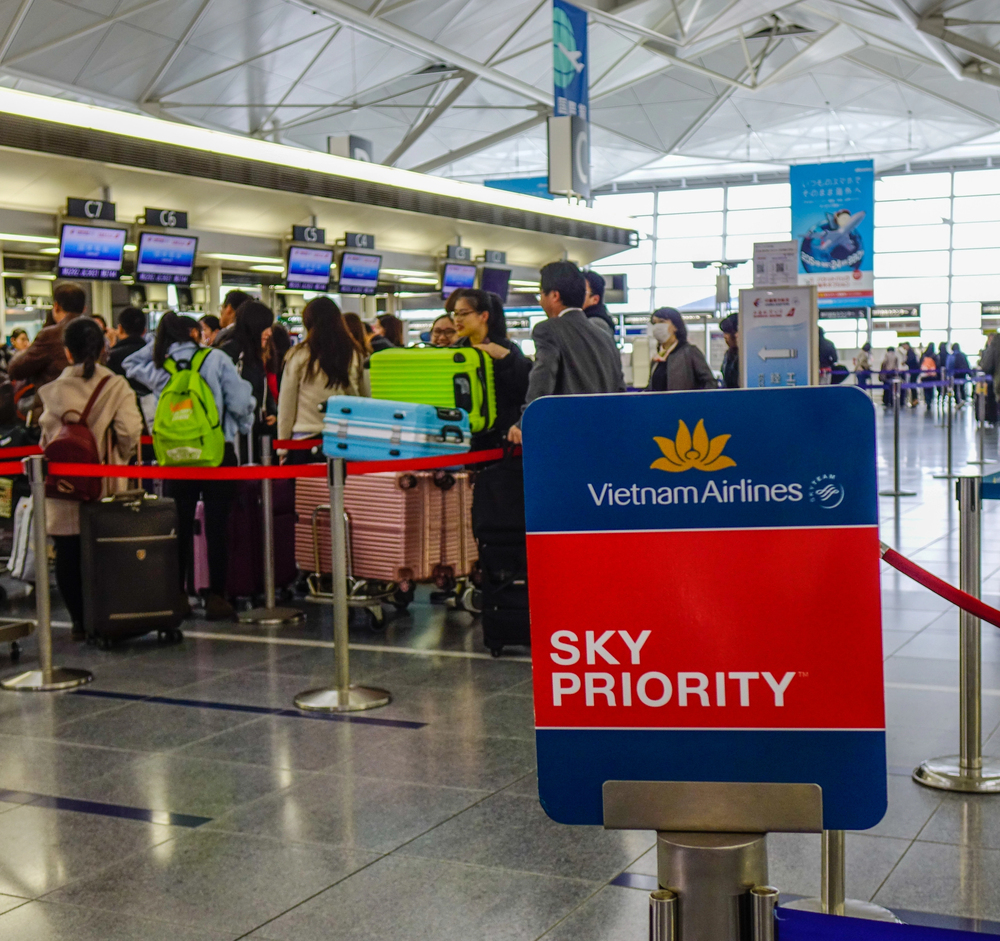
— Photo by phuongphoto
Airlines love to sell you the privilege of standing in line first, but priority boarding rarely delivers meaningful benefits. You end up waiting longer in the gate area just to board a plane that won’t take off any sooner. The overhead bin space argument falls apart when you realize most flights today have plenty of room, and gate agents often rearrange bags anyway.
Seat Selection Fees
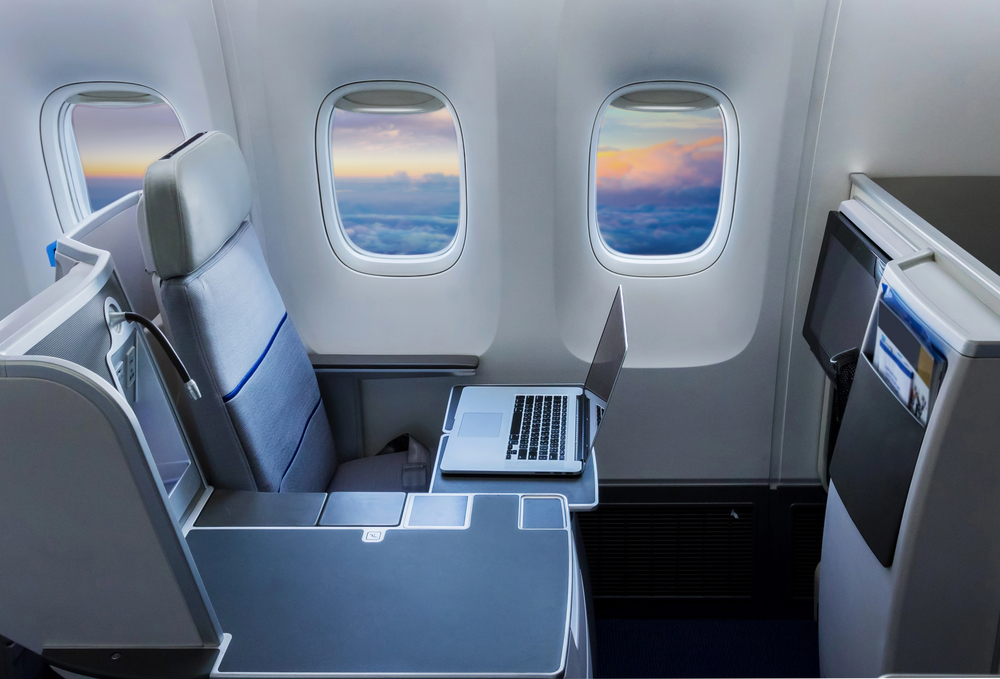
Paying extra to choose your seat often means you’re gambling on preferences that might not matter once you’re airborne. Airlines frequently move passengers around for weight distribution or operational reasons, negating your carefully planned window or aisle choice. The ‘premium’ seats they charge for are usually just regular seats with a higher price tag.
Extra Legroom on Short Flights
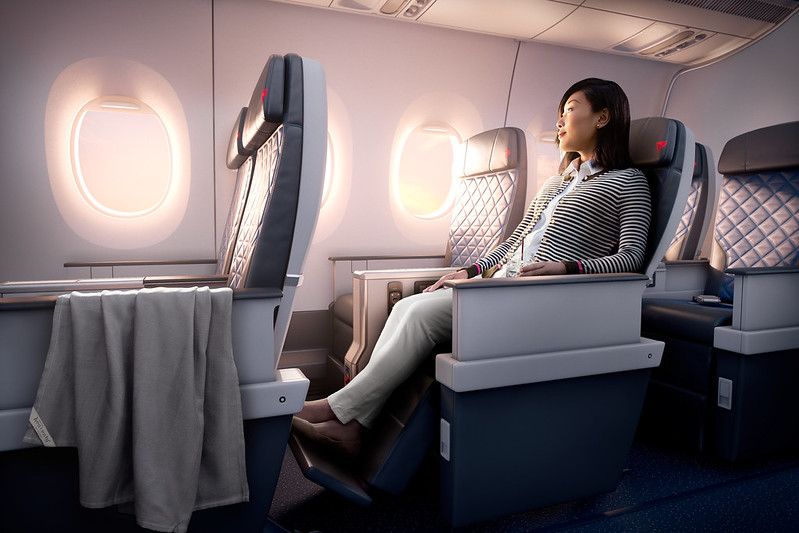
DepositPhotos
Splurging on extra legroom for a 90-minute flight is like renting a luxury car for a trip to the grocery store. Your legs barely have time to feel cramped before you’re already beginning your descent. Save that money for longer flights where the extra space makes a difference in your comfort level.
In-Flight WiFi
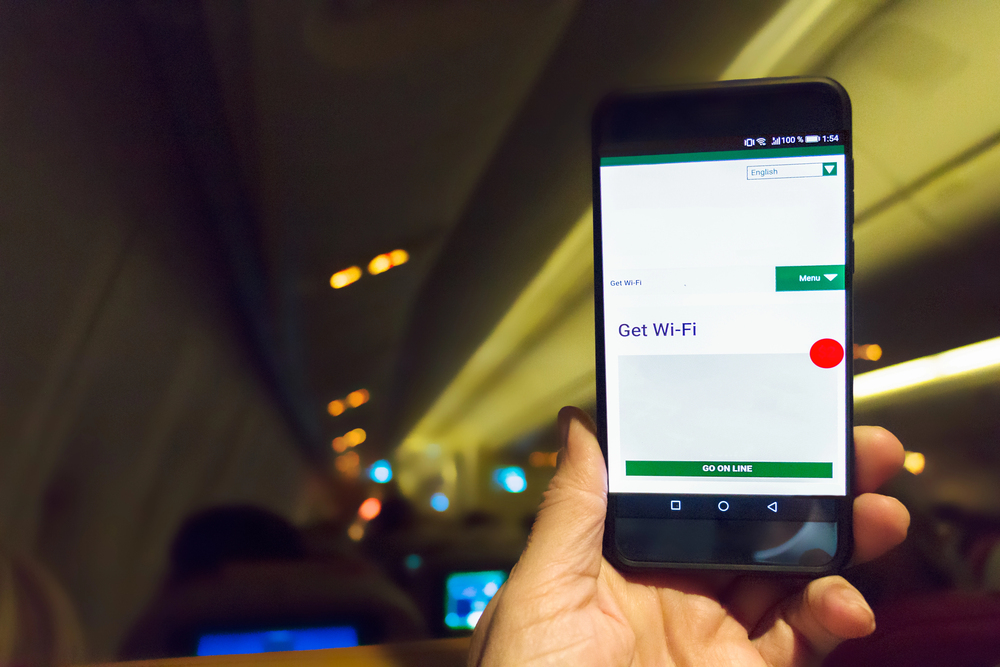
Airline Wi-Fi often moves slower than dial-up internet from the 1990s, making it nearly impossible to accomplish anything meaningful. You’ll pay premium prices for connectivity that struggles to load a simple webpage, let alone stream video or handle video calls. Most airports offer excellent free Wi-Fi, allowing you to catch up on work during layovers.
Airline Meals
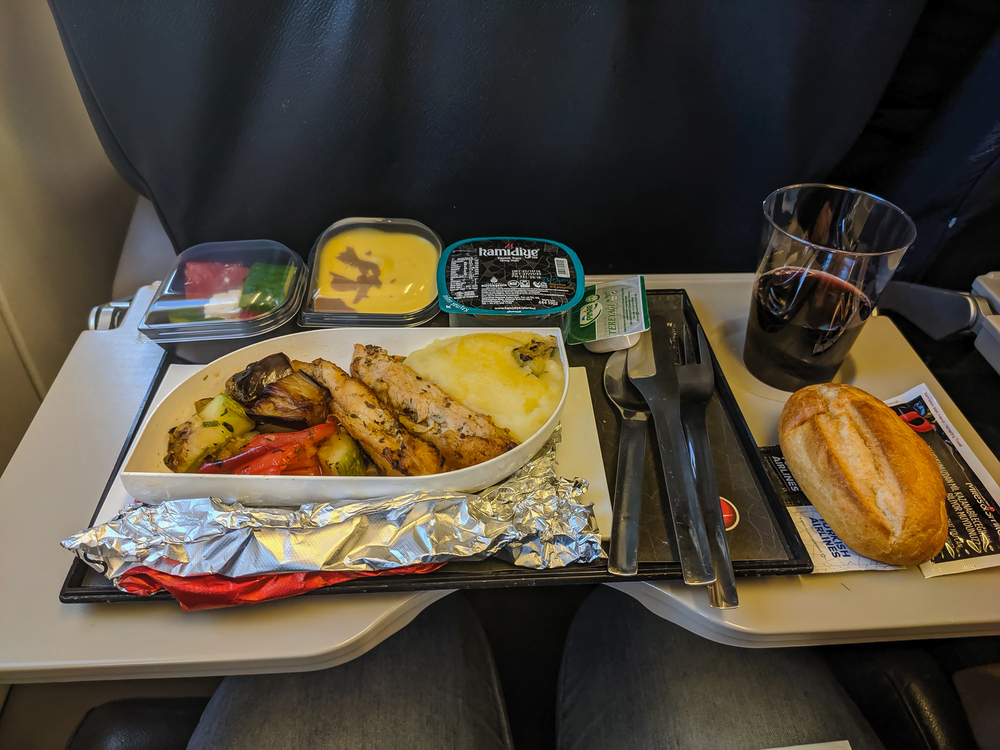
— Photo by lexosn
Pre-ordering special meals or upgrading to premium dining options usually results in food that tastes like it was prepared in a chemistry lab. These meals often cost two to three times what you’d pay for better food in the terminal, and they’re often smaller portions than what you’d get from a vending machine. Airport food courts offer fresher, tastier options at better prices.
Checked Bag Insurance
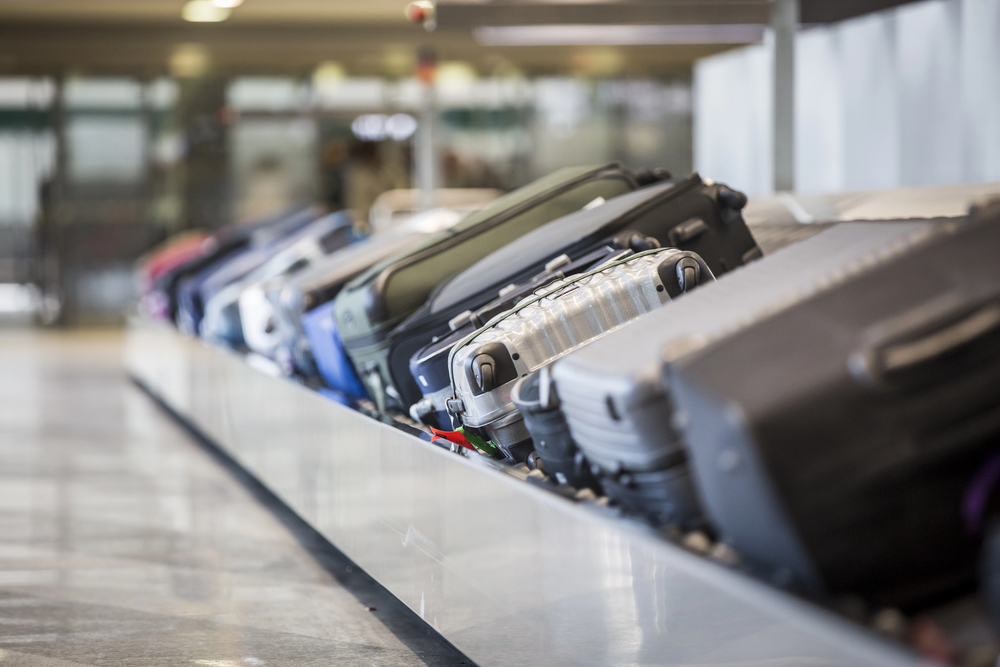
Airlines sell baggage insurance that covers scenarios so specific they’re practically impossible to trigger. The fine print excludes everything from weather delays to mechanical issues, which account for most baggage problems. Your homeowner’s or renter’s insurance likely provides better coverage for lost items during travel.
Travel Insurance Through Airlines
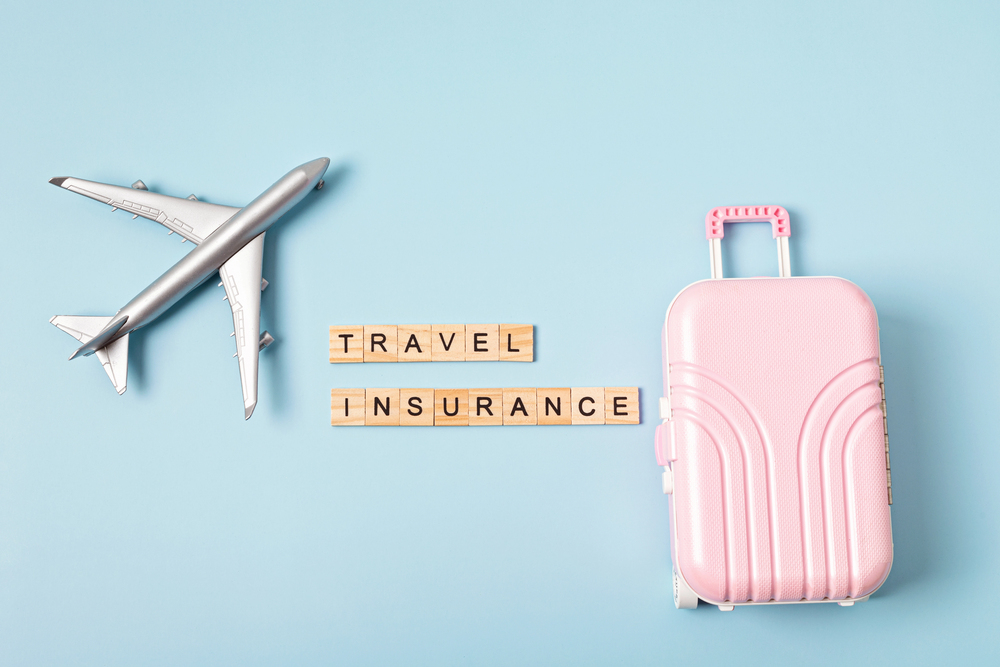
Airline-sold travel insurance costs significantly more than identical coverage from independent providers while offering fewer benefits. These policies often exclude the most common reasons people need to cancel trips, like work emergencies or family situations. Third-party insurers offer comprehensive coverage at half the price, along with better customer service.
Airport Lounge Day Passes
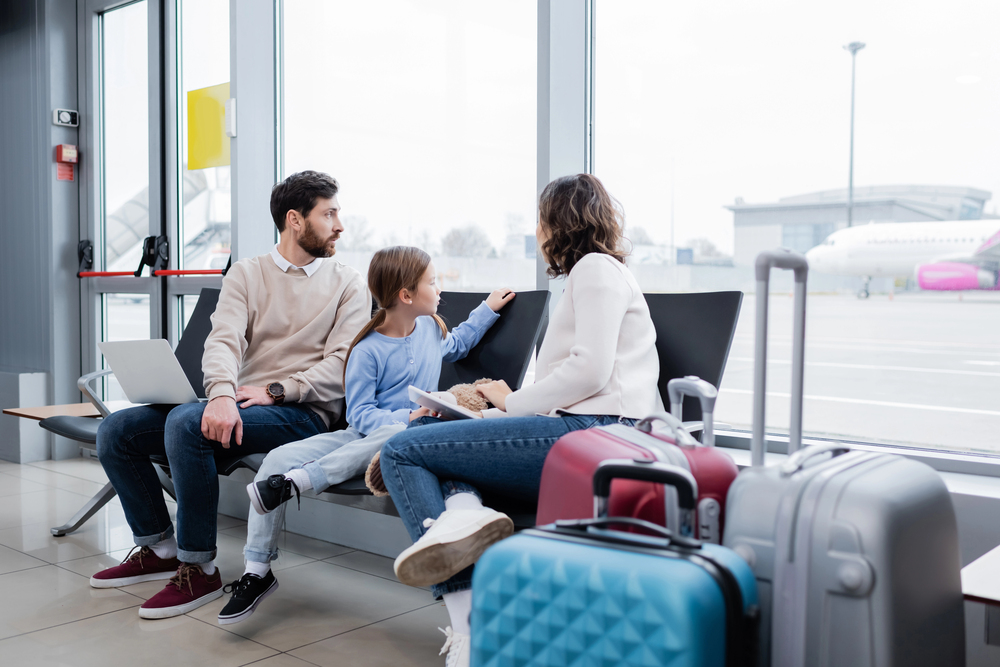
Paying for single-use lounge access rarely justifies the cost when you break down what you get. Most lounges offer complimentary snacks and drinks that cost far less than the day pass fee, especially when you factor in time spent eating versus time spent traveling. The free Wi-Fi and quiet atmosphere are nice, but airport terminals increasingly offer similar amenities.
Premium Economy on Short Flights
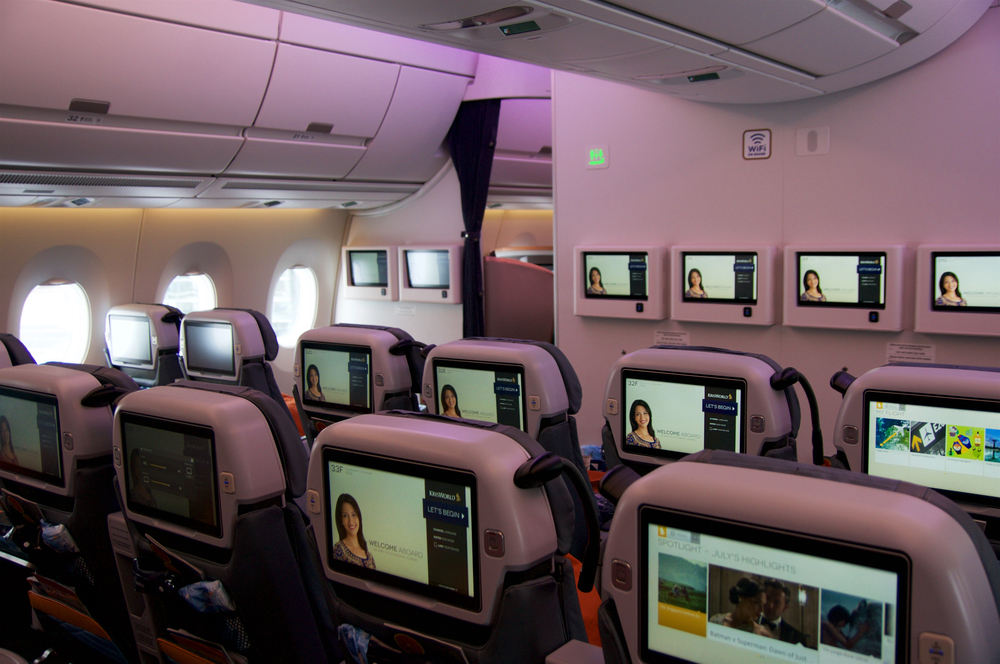
— Illustration by miles_around
Premium economy upgrades on flights under three hours give you marginally wider seats at substantially higher prices. The meal service is usually identical to regular economy, and the extra few inches of space don’t make a noticeable difference on short routes. You’re paying luxury car prices for a slightly cushier bus seat.
Expedited Security When You Have TSA PreCheck
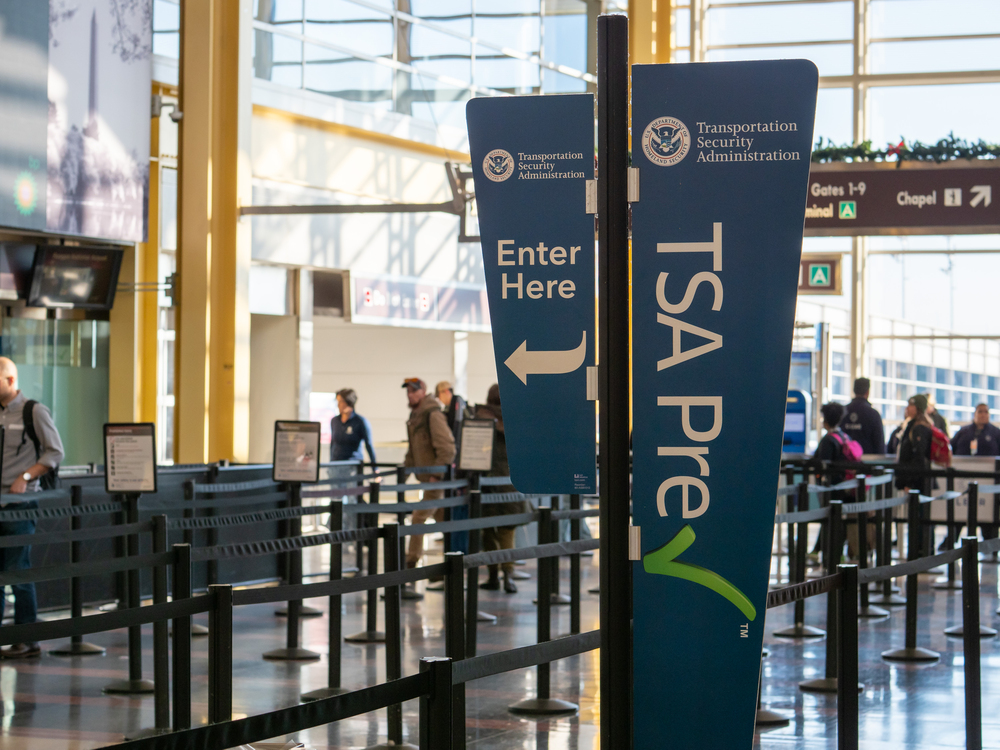
Buying expedited security services when you already have TSA PreCheck is like paying for express lane access when you’re already in the express lane. These services often use the same PreCheck lines you can already access, making them completely redundant. Some airports even make these premium security lines longer than regular PreCheck because fewer people use them.
In-Flight Entertainment Rentals
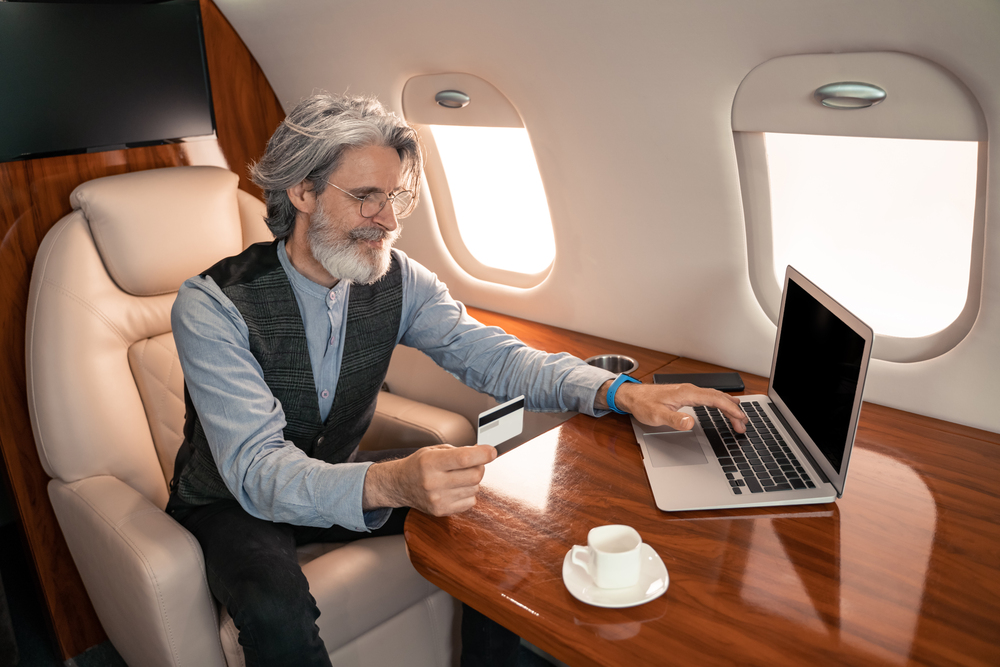
Renting movies or games on flights makes little financial sense when you can download content to your devices for free beforehand. Airline entertainment systems charge premium prices for content that’s often months old and available on streaming services you probably already subscribe to. Your phone or tablet provides a better viewing experience anyway.
Airline Credit Cards with High Annual Fees
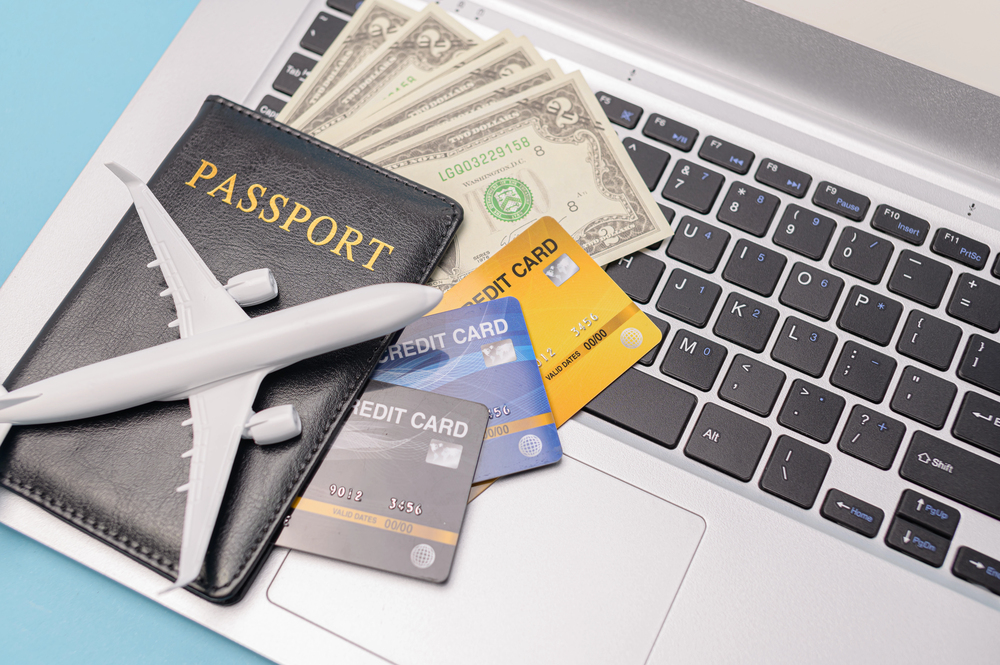
High-fee airline credit cards promise exclusive perks that rarely offset their cost for occasional travelers. The free checked bag benefit sounds great until you realize you’d need to take multiple trips per year to break even on the annual fee. Regular travel rewards cards often provide better earning rates and more flexible redemption options.
Business Class Upgrades on Red-Eye Flights
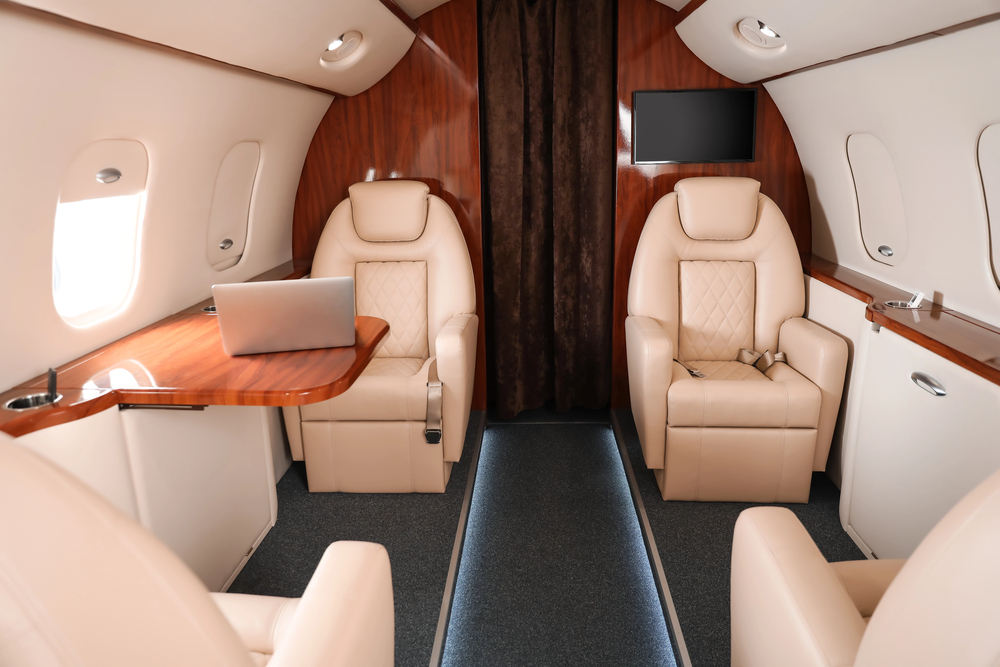
Upgrading to business class on overnight flights seems logical until you realize you’ll spend most of the journey trying to sleep in an awkward position anyway. The premium meal service doesn’t matter much when you’re too tired to eat, and the extra space feels less valuable when you’re unconscious for most of the flight. Save the money and book a hotel room at your destination instead.
Airport Parking Upgrades
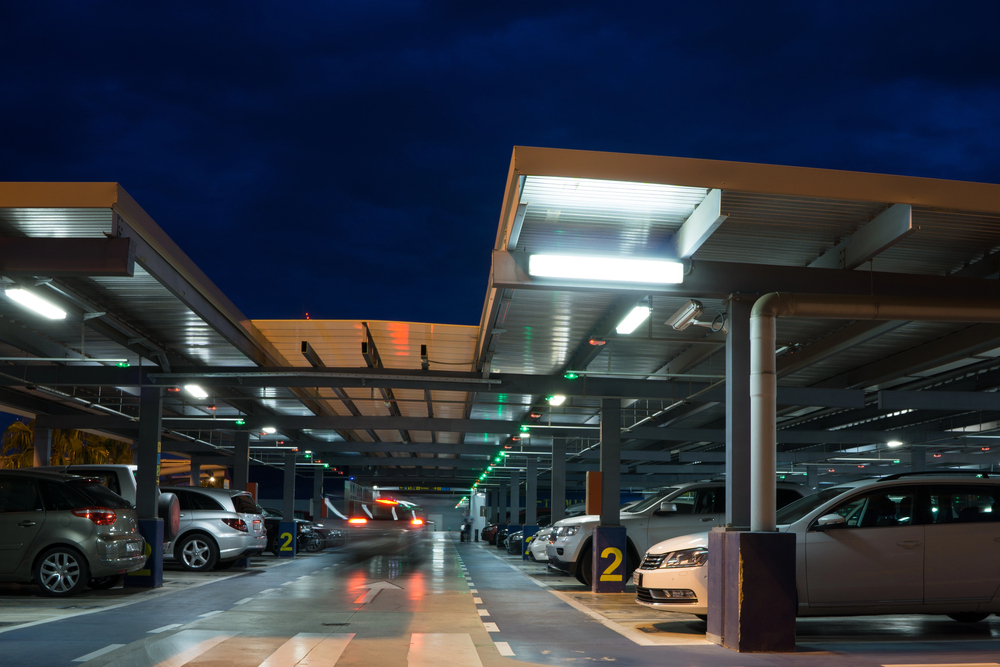
Premium parking spots at airports charge luxury prices for the convenience of walking a slightly shorter distance to the terminal. The time saved rarely exceeds five to ten minutes, making the cost per minute astronomical compared to the cost of regular parking. Shuttle services from economy lots are frequent and often more reliable than you’d expect.
Airline Hotel Bookings
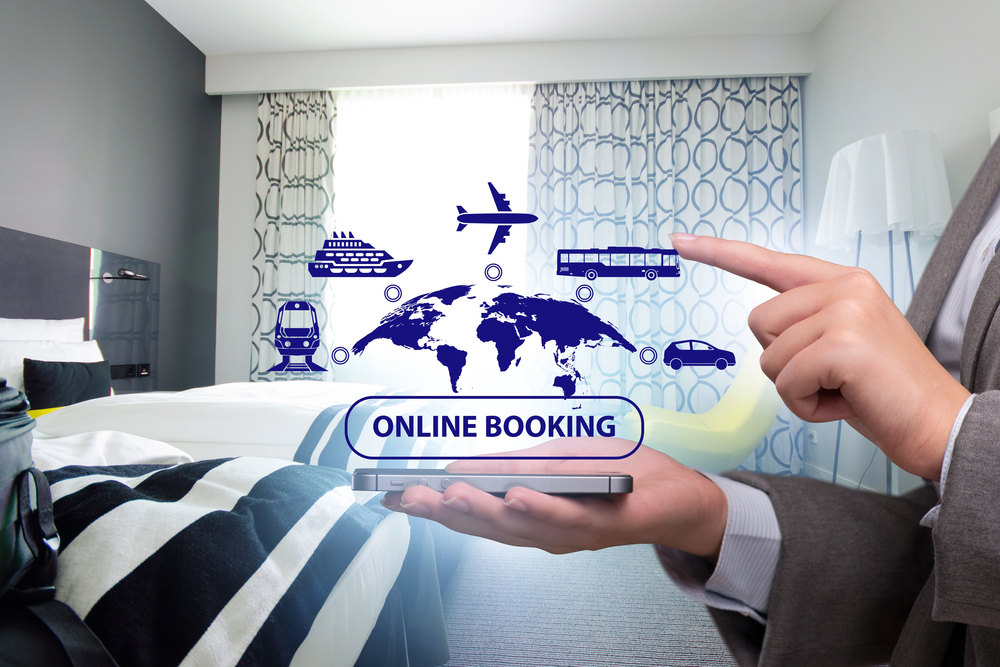
Booking hotels through airline websites typically costs more than booking directly with hotels or through dedicated travel sites. Airlines add booking fees and often don’t include the same perks or cancellation policies you’d get by booking directly. The promised ‘seamless’ integration between your flight and hotel rarely works as advertised.
Car Rental Through Airlines
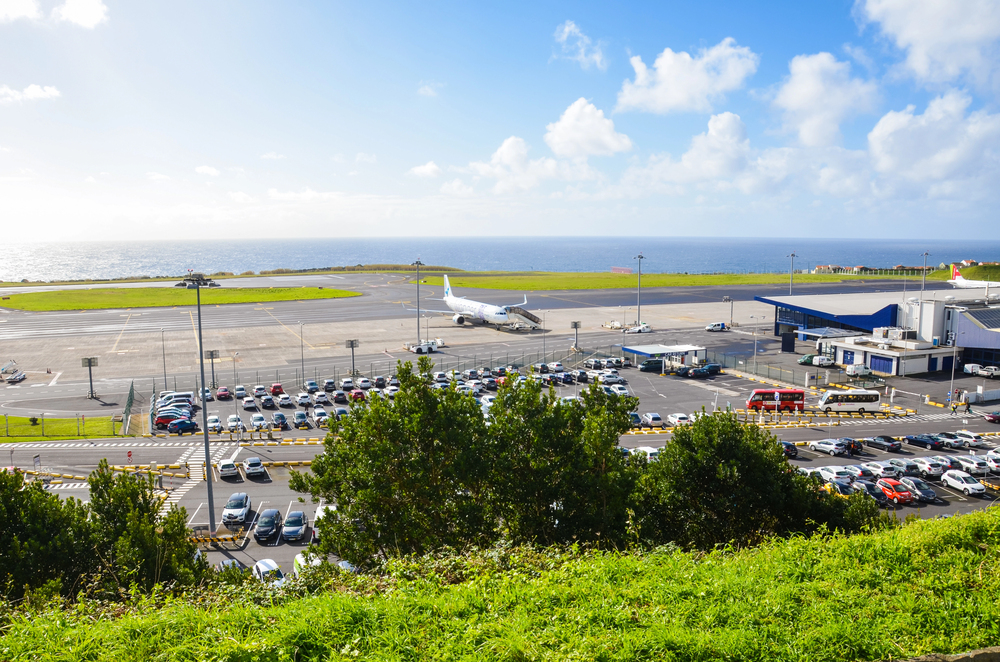
— Photo by ppohudka
Airline car rental partnerships may sound convenient, but they usually offer worse rates than booking directly with the rental companies. The promised coordination between your flight arrival and car pickup often fails when flights are delayed, leaving you stranded with no recourse. Independent booking gives you more flexibility and better customer service options.
Duty-Free Shopping
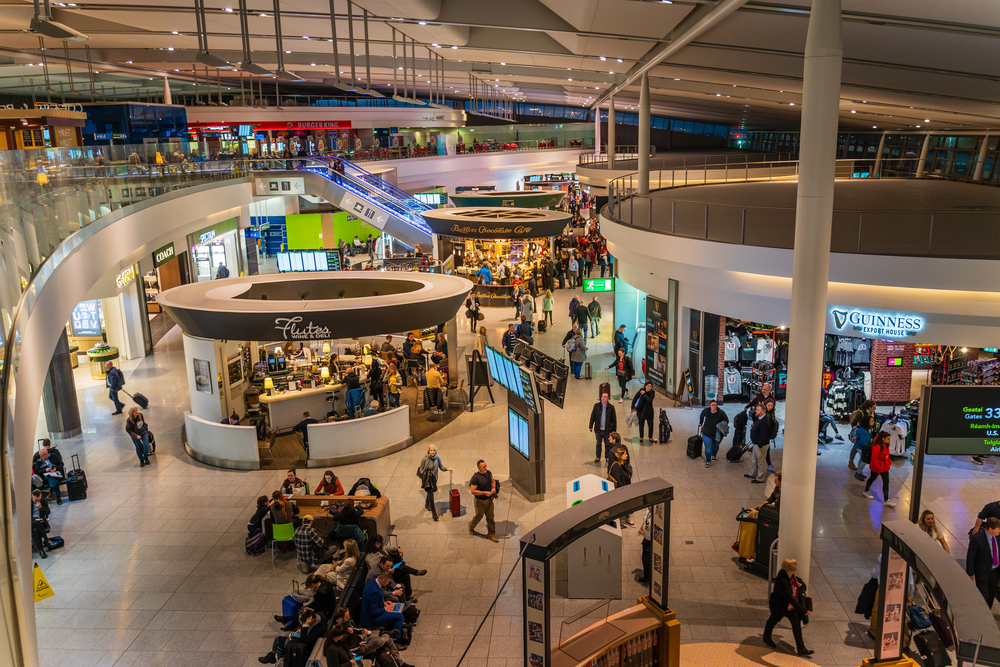
— Photo by DawidKalisinski
Duty-free shops prey on the misconception that airport prices are always better than regular retail, but most items cost the same or more than you’d pay elsewhere. The selection is limited, the quality is often questionable, and you’re stuck lugging purchases through multiple airports. Online shopping before your trip offers better prices and delivery to your destination.
Airline Spa Services
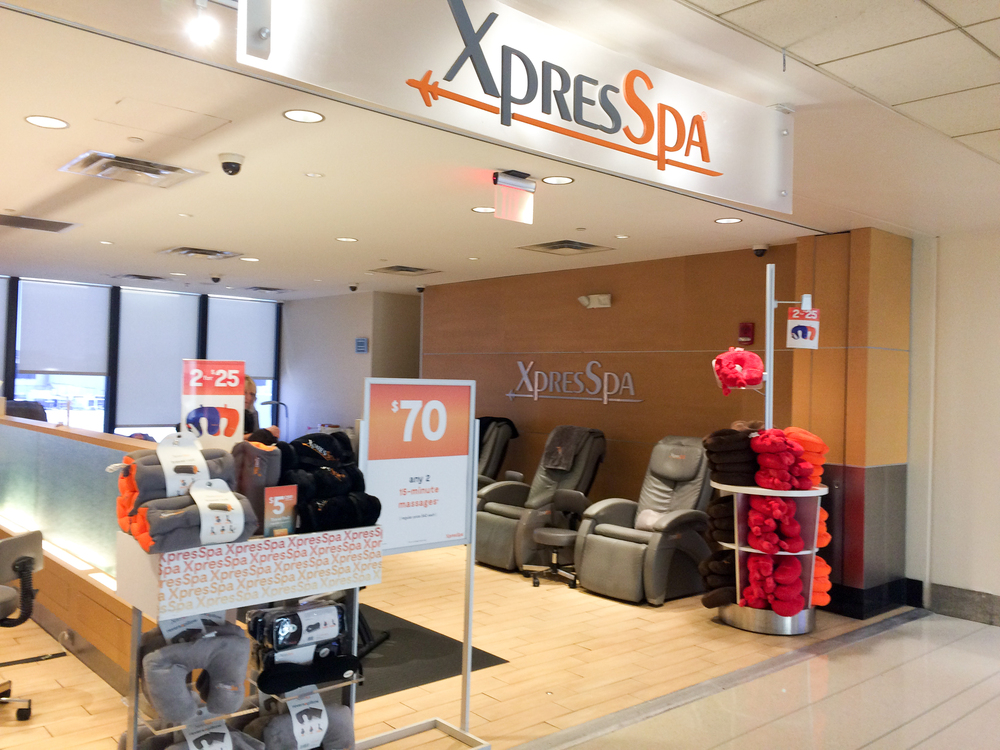
Airport spa services charge resort prices for treatments in environments that feel more like medical clinics than relaxing retreats. The ambient noise from jet engines and gate announcements hardly creates a zen atmosphere, and the rushed nature of airport timelines prevents truly relaxing experiences. A good massage at your destination will cost less and provide better value.
Premium Drink Packages
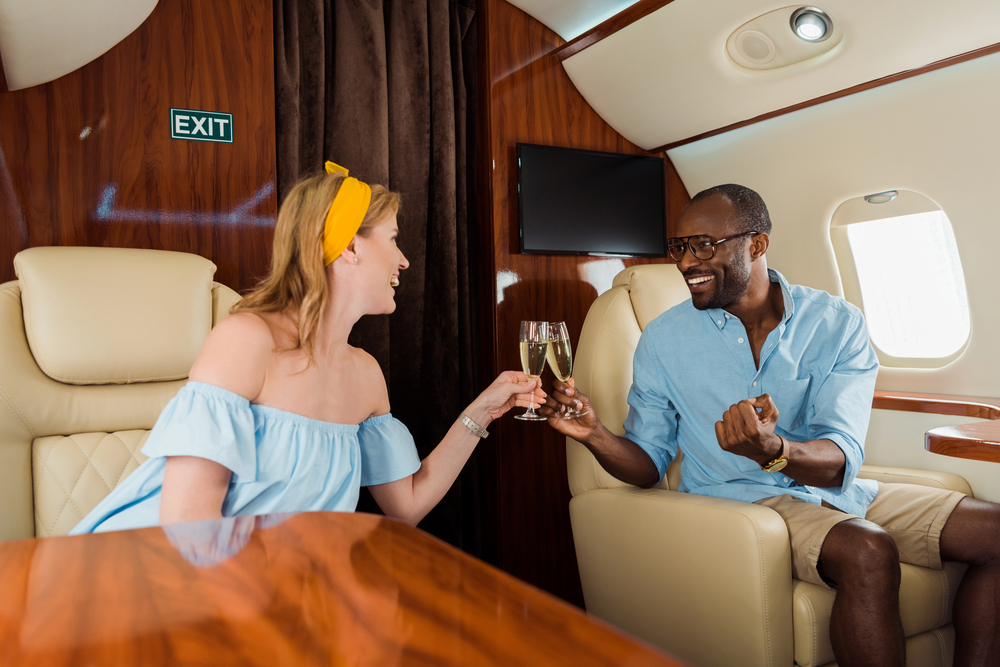
Airline alcohol packages require you to drink substantial quantities to break even, which isn’t ideal at 30,000 feet or for most travelers’ health. The quality of airline alcohol is typically bottom-shelf, making the premium price particularly hard to justify. Airport bars often serve better drinks at similar per-drink prices without the pressure to overconsume.
Last-Minute Upgrade Offers
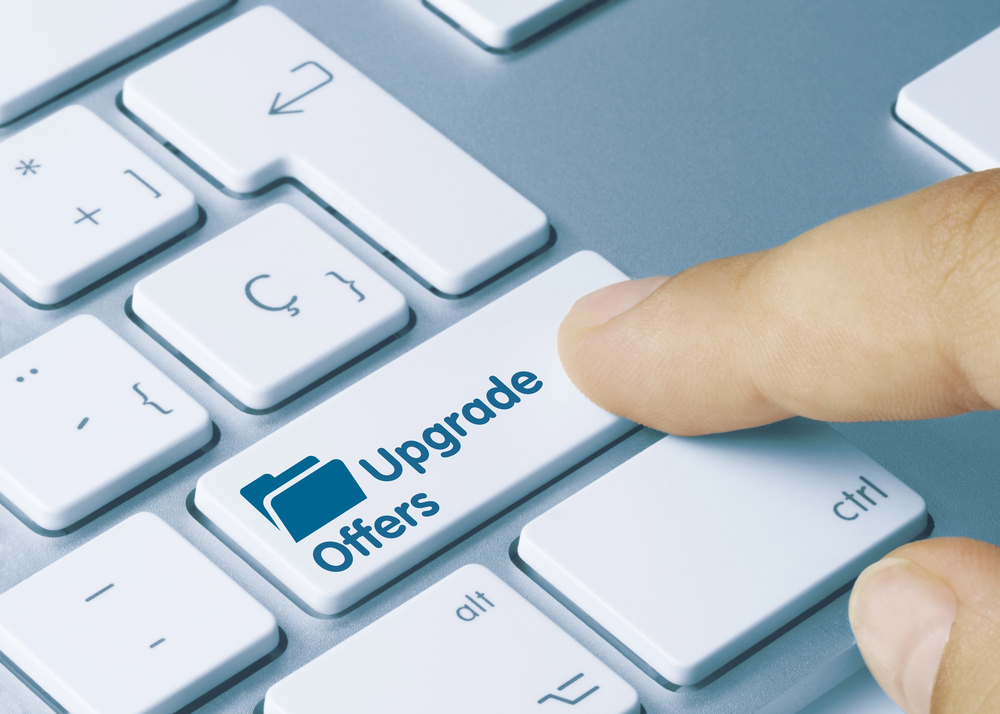
DepositPhotos
Those tempting upgrade offers at check-in or the gate prey on travel excitement and decision fatigue when you’re least likely to make rational financial choices. The upgrades often cost more than if you’d booked the higher class originally, and the benefits rarely match the premium price. These offers create an artificial sense of urgency for purchases you don’t need.
From Nickel-and-Diming to Smart Spending
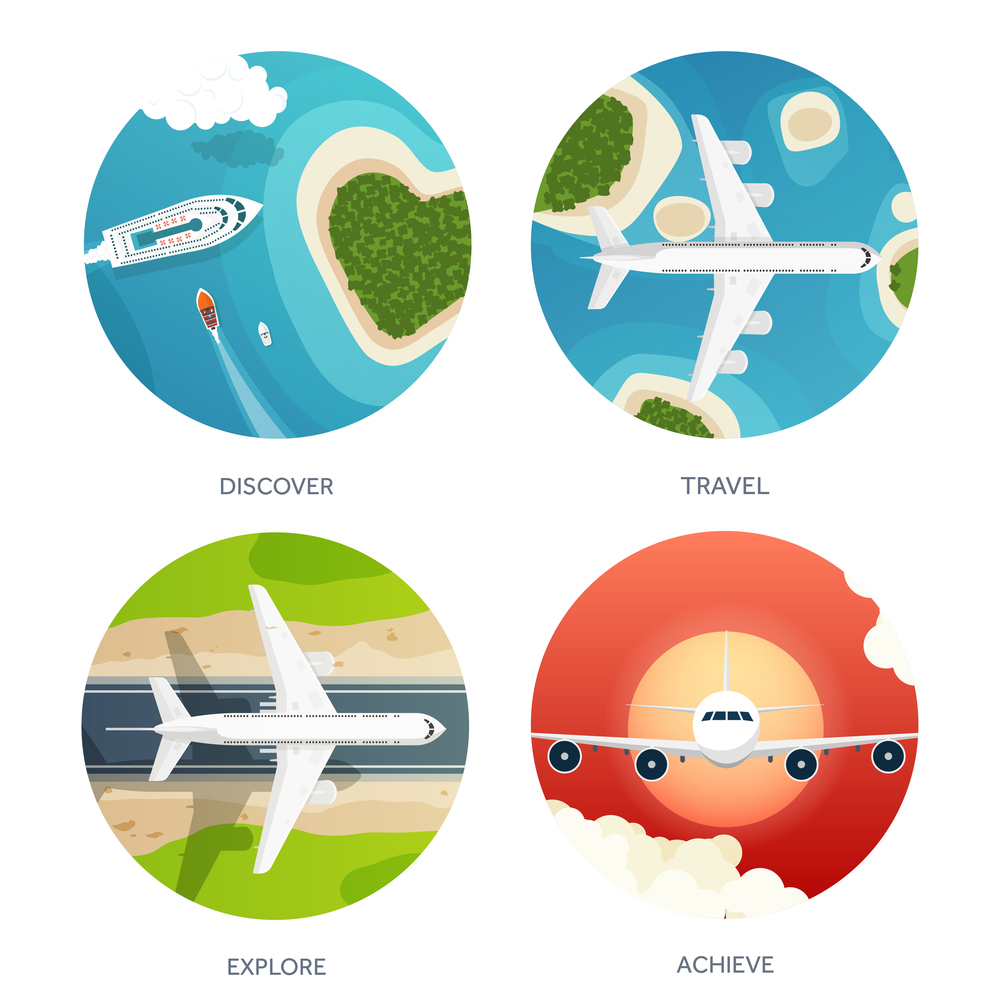
Airlines have transformed from transportation providers into retail experiences where the flight itself has become almost secondary to the shopping opportunities. This evolution mirrors how movie theaters make more money from concessions than ticket sales, except airlines have taken the concept to new extremes. The key to navigating this landscape lies in understanding that most upgrades target emotional spending rather than practical needs.
Smart travelers today treat airline upgrades like expensive restaurant wine lists – occasionally worth it for special occasions, but generally overpriced for what you receive. The money saved by skipping unnecessary upgrades often covers better experiences at your actual destination, where premium services deliver genuine value. Your vacation budget works harder when spent on memorable experiences rather than forgettable flight conveniences.
More from Travel Pug

- 20 Best Beach Towns in the Carolinas
- 13 Destinations Where Tourists Regularly Regret Their Trip
- 20 Things You Actually Get in First Class
- 20 Small Airports With Aviation Museums
- 20 Places in the U.S. That Are Perfect for a Reset Trip
Like Travel Pug’s content? Follow us on MSN.
